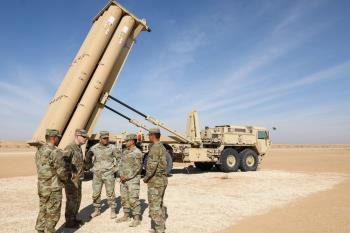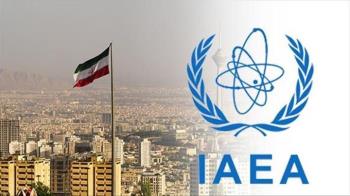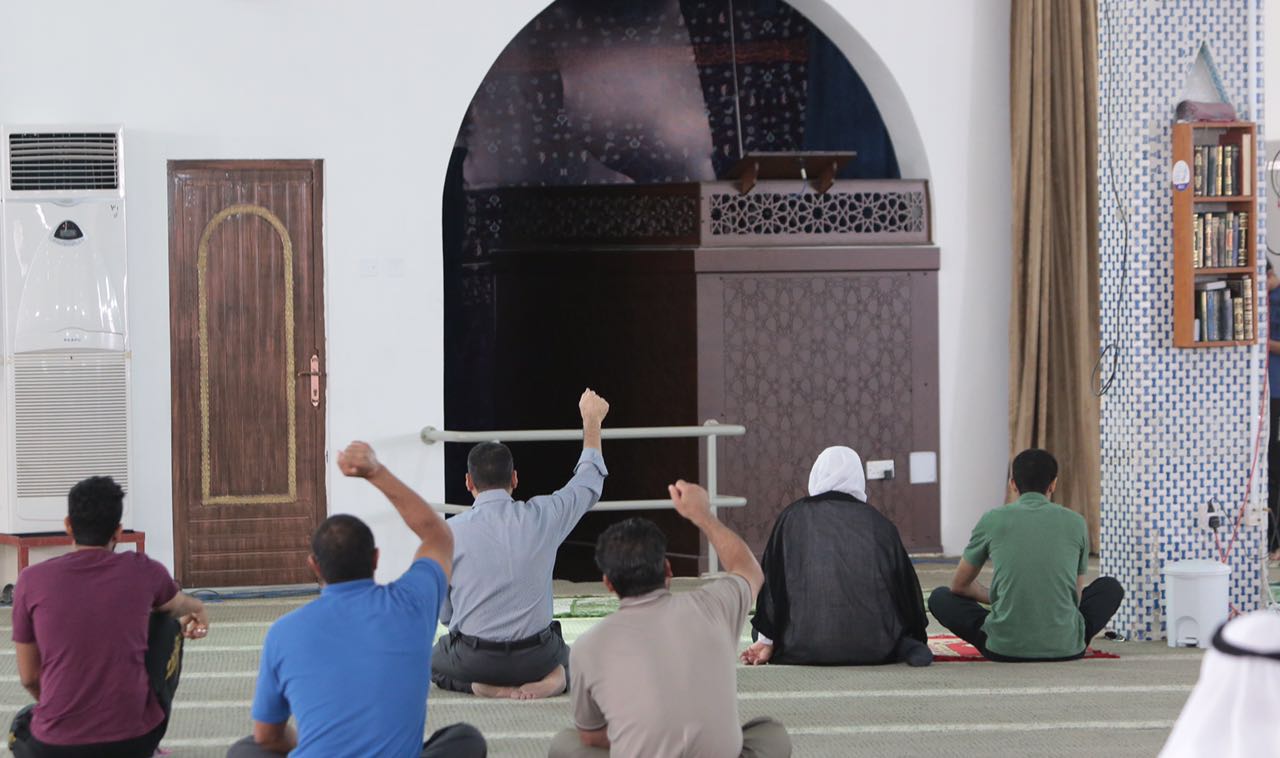Alwaght- Bahraini authorities are continuing to suppress Bahraini citizens by imposing harsh restrictions to prevent worshippers from performing Friday prayer in the village of Diraz, west of the capital Manama.
Strict security measures, including roadblocks, were installed on Friday in a bid to obstruct worshippers on their way to the Imam al-Sadqiq Mosque, which usually congregates the largest Friday prayer for Shiite Muslims in the Persian-Gulf state.
Pictures showed the mosque, which is usually packed this time of the week, almost empty with only a number of worshippers in attendance.
In a statement, religious scholars said that the “prevention of the largest Friday prayer congregation of Shiite Muslims in Bahrain by authorities is one episode of a series of ongoing religious persecution.”
“Authorities have prevented 23 Friday prayers in over four months,” they added, stressing that the Bahraini people remain steadfast in protecting their beliefs in the face of oppression.
Such a procedure on the part of Bahraini authorities is believed to be highly suggestive of the country’s policy on freedom of religion, which is a basic human right.
During the 2011 revolution, many religious structures were either destroyed or vandalized. As part of a crackdown on protesters who were demanding equality and freedom in the kingdom, the government was responsible for the destruction of up to 43 mosques that were attended by Shiite Muslims. Tens of other religious structures were also destroyed or damaged by Saudi-backed security forces.
The Bahrain Center for Human Rights branded the widespread cultural destruction as "crimes of genocide under the UN Convention on Genocide (1948)."
Since 2011, Bahraini demonstrators have been calling for democracy in the country. These calls have been met with brutal violence as the authorities continue to implement policies that constitute human rights violations.
In addition to confronting peaceful protests with violence, Saudi-backed security forces continually raid the homes of dissidents, detain opposition leaders as well hundreds of political activists, and restrict freedom of movement.
However, Bahrainis have shown resilience in the face of these measures. Even after holy structures were destroyed in the course of the revolution, they did not hesitate to pray among the rubble of the demolished mosques in a show of resistance to the injustices of the Al Khalifa rule.



























